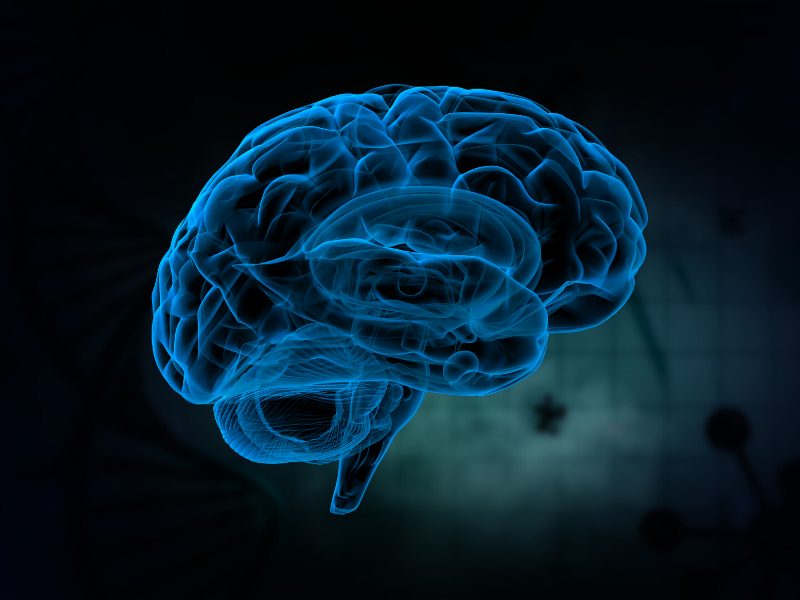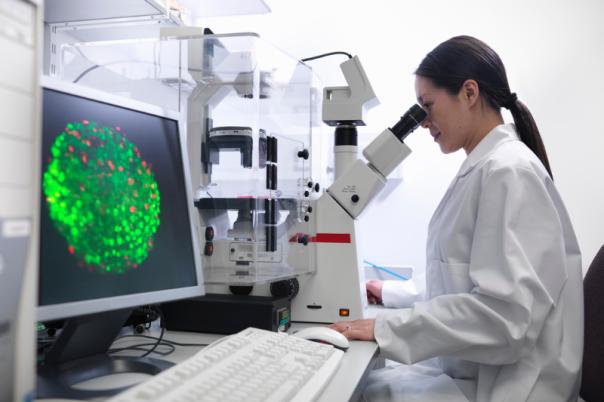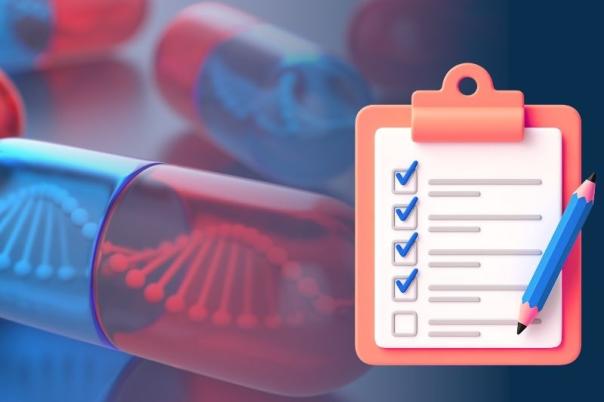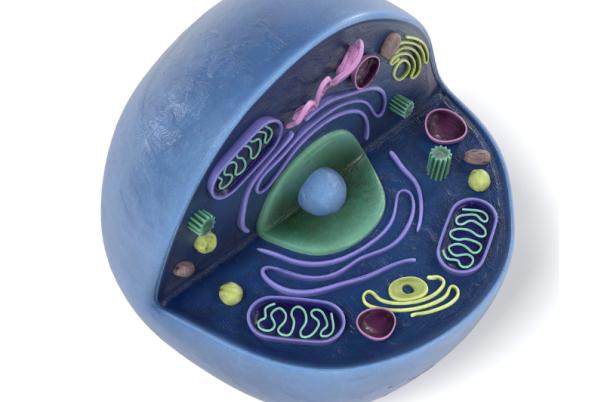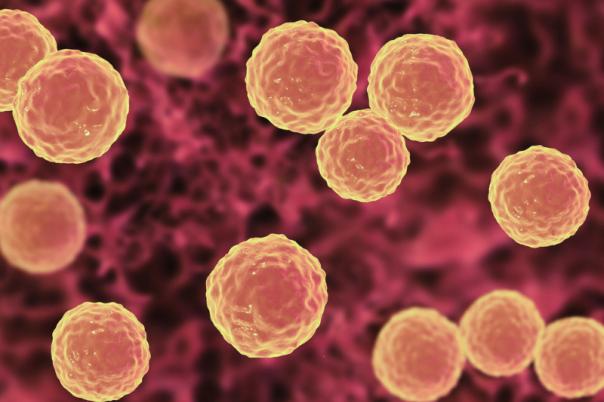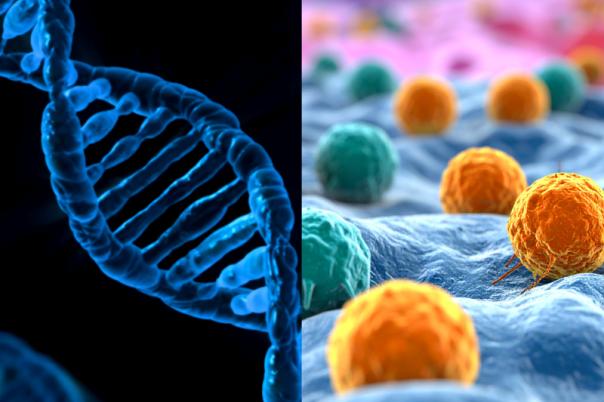Researchers at University College London have successfully treated patients with Huntington’s disease with a gene therapy for the first time ever in a phase I/II clinical trial. BBC News reported that the research team responsible became tearful when describing the results.
Sarah Tabrizi, Professor and Joint Head of the Department of Neurodegenerative Diseases at UCL, is one of the researchers that led the UK arm of the trial. She said that the therapy was able to slow the disease by 75% in patients.
"We never in our wildest dreams would have expected a 75% slowing of clinical progression," she told BBC News.
Huntington’s is caused by a mutation in the huntingtin gene which in turn leads to the accumulation of toxic mutated huntingtin proteins in neurons.
The gene therapy is called AMT-130 and was developed by uniQure. It was infused into patients’ brains during surgery via a thin catheter over the course of eight to ten hours while being monitored by MRI.
The drug infuses through the caudate nucleus and putamen, the areas of the brain that are affected first by Huntington’s. Later, the drug spreads throughout the rest of the brain, including the cortex.
AMT-130 consists of an AAV vector to deliver silencing micro-RNA to neuronal nuclei. The RNA is able to silence the faulty huntingtin gene and inhibit the production of the mutant protein.
Tabrizi said of the results: “AMT-130 showed statistically significant effects on both cUHDRS and TFC at 36 months, supported by mean CSF NfL remaining below baseline. I believe these groundbreaking data are the most convincing in the field to date and underscore potential disease-modifying effects in Huntington’s disease, where an urgent need persists.”
Edward Wild, a consultant neurologist at the National Hospital for Neurology and Neurosurgery, UCL Hospitals said: “This result is the good news we’ve been working and waiting for: not just a treatment that slows progression of this terrible disease, but one that does so with truly stunning effectiveness.”
“It is nothing less than the dawn of a new age for families impacted by Huntington’s disease. We must now work no less diligently to turn this breakthrough into something that benefits everyone who needs it.”
